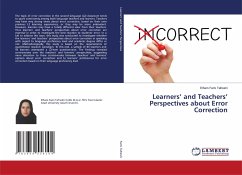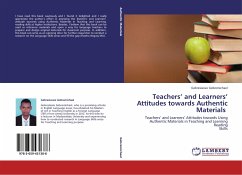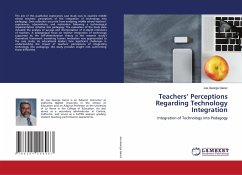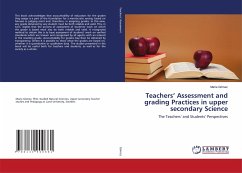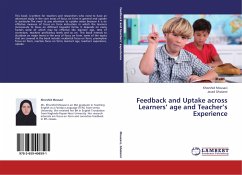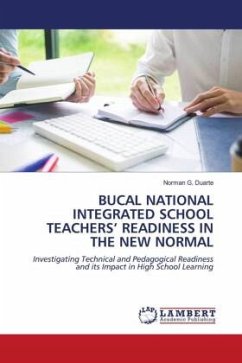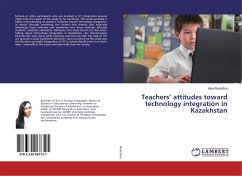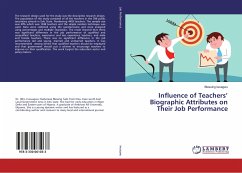The topic of error correction in the second language (L2) classroom tends to spark controversy among both language teachers and learners. Teachers may have very strong views about error correction, based on their own previous L2 learning experiences, or they may be more ambivalent. However, learners may have a totally different view from their teachers. Thus learners' and teachers' perspectives about error correction are essential in order to investigate the best reaction to students' error. In a bid to address this issue, this study was conducted to investigate whether the learners' and teachers' perspectives about error correction in speaking with regard to language proficiency level and academic degree differ or not. Methodologically, this study is based on the requirements of quantitative research paradigm. To this end, a sample of 83 teachers and 93 learners attempted a 22-item questionnaire. The findings revealed controversies over the teachers' and learners' perspectives; suggesting more attention to these controversies between teachers' and learners' opinion about error correction and to learners' preferences for error correction based on their language proficiency level.
Bitte wählen Sie Ihr Anliegen aus.
Rechnungen
Retourenschein anfordern
Bestellstatus
Storno

